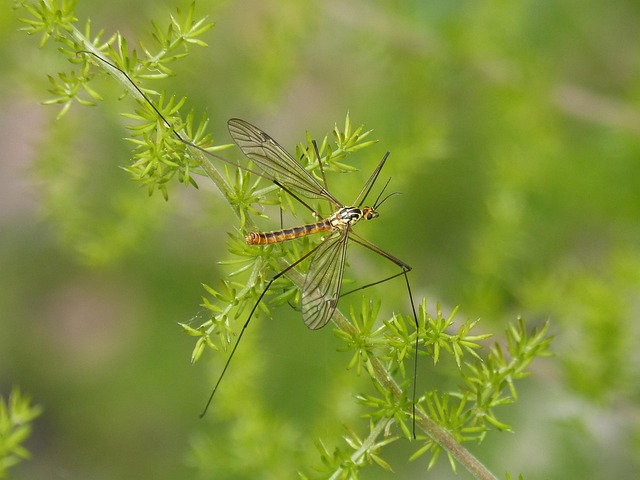Mosquitoes pose significant global health risks as vectors for diseases like malaria, dengue fever, Zika virus, and West Nile virus, particularly in tropical regions with abundant rainfall and standing water. As climate change and travel alter disease distribution, adopting robust mosquito control strategies is crucial. Integrated Pest Management (IPM), combining environmental modifications, chemical treatments, and biological controls, balances mosquito control with environmental and human health protection. Natural methods like plant-based repellents, eliminating standing water, and eco-friendly practices further support effective mosquito control. Modern technologies, including sensors, data analytics, AI, drones, genetic engineering, and IoT devices, offer precise and sustainable solutions. Community engagement through education, clean-up drives, and participation in research strengthens mosquito control efforts. Targeted strategies focusing on specific species and seasons minimize chemical use and environmental impact. The future of mosquito control leans towards sustainable practices, utilizing biological controls, genetic engineering, smart technology, and data analytics for more efficient and comprehensive interventions.
“Mosquitoes, while often considered mere pests, pose significant health risks through their ability to transmit diseases like malaria, dengue fever, and Zika. This article delves into comprehensive mosquito control strategies that prioritize safety and environmental stewardship. We explore the understanding of mosquito-borne illnesses, dissecting the impact of chemical pesticides on ecosystems. Natural alternatives and innovative technologies are highlighted, alongside community engagement tactics. Additionally, targeted seasonal approaches, home prevention tips, and future trends in sustainable mosquito control offer a holistic perspective on this pressing issue, emphasizing effective yet safe methods.”
Understanding Mosquito-Borne Diseases
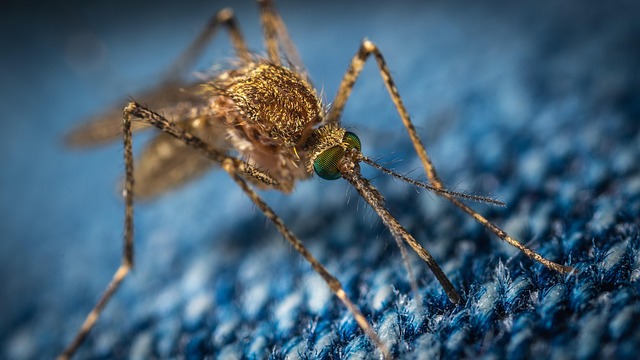
Mosquitoes are more than just a nuisance; they can be vectors for various diseases, making mosquito control a critical public health concern. Understanding the diseases these insects transmit is an essential step in implementing effective control measures. Mosquito-borne illnesses, such as malaria, dengue fever, Zika virus, and West Nile virus, pose significant risks to populations worldwide. These diseases can have severe symptoms, including high fevers, headaches, joint pain, and, in some cases, life-threatening complications.
The impact of mosquito-borne diseases is particularly pronounced in tropical regions with abundant rainfall and standing water, which fosters mosquito breeding. As global travel and climate change patterns continue to shift, the geographic distribution of these diseases is also evolving, making it crucial for communities to adopt robust mosquito control strategies. Implementing integrated pest management approaches, including environmental modifications, chemical treatments, and biological controls, can help reduce mosquito populations and minimize the risk of disease transmission.
Environmental Impact of Chemical Pesticides
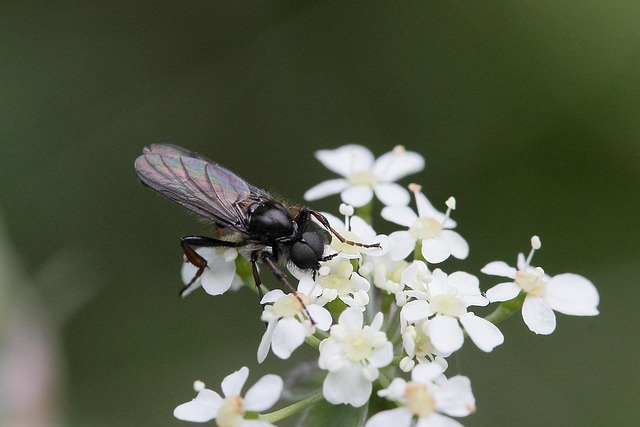
Chemical pesticides, while effective in mosquito control, can have significant environmental impacts. These substances can disrupt delicate ecosystems by killing not only target mosquitoes but also beneficial insects, birds, and other wildlife. Runoff from treated areas can contaminate water bodies, affecting aquatic life and entering the food chain. Additionally, some pesticides have been linked to long-term persistence in the environment, leading to bioaccumulation in soil and water.
The use of chemical pesticides for mosquito control also raises concerns about human health. Exposure through inhalation or skin contact can cause various adverse effects, including respiratory issues, skin irritation, and even neurological disorders. As such, it’s crucial to consider integrated pest management (IPM) strategies that combine biological controls, habitat manipulation, and targeted applications of pesticides only when necessary, minimizing risks to both the environment and human health.
Natural Mosquito Repellents and Control Methods

Natural Mosquito Repellents and Control Methods play a significant role in effective mosquito control. Plants like citronella, lavender, basil, and mint are known for their repellent properties and can be used to create a natural barrier against mosquitoes. Essential oils derived from these plants can be applied topically or diffused in the environment to deter mosquitoes from feeding and breeding.
Another eco-friendly approach is to eliminate standing water, as mosquitoes breed in stagnant water sources. Regularly emptying flower pots, buckets, and other containers around your home can significantly reduce mosquito populations. Additionally, introducing natural predators like fish (e.g., Gambusia) into water bodies or using beneficial insects such as dragonflies and damselflies can help control mosquito populations naturally.
Innovative Technologies for Mosquito Control
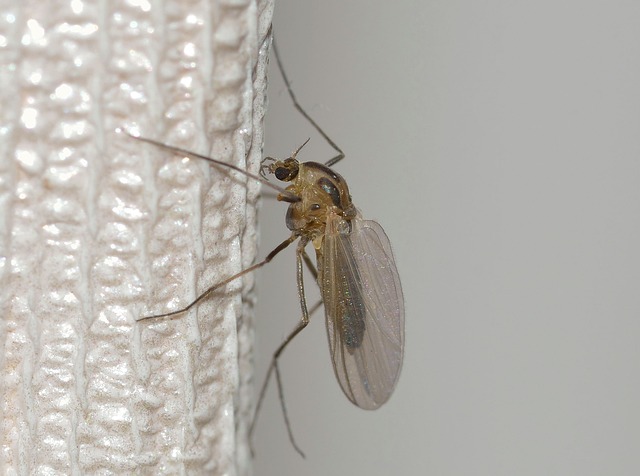
In the realm of mosquito control, innovative technologies are transforming how we combat these pesky vectors. From smart sensors that detect and track mosquito populations in real-time to advanced genetic engineering techniques, modern solutions are both more precise and environmentally friendly. These breakthroughs leverage data analytics and artificial intelligence (AI) to identify hotspots where mosquitoes breed and rest, enabling targeted applications of control measures like ultra-low volume (ULV) insecticides or biological agents such as bacteria and viruses that specifically target mosquito larvae.
One promising technology is the use of drones equipped with high-resolution cameras and heat sensors for surveillance and treatment. Drones can access hard-to-reach areas, spreading larvicides evenly across water bodies. Additionally, genetic modifications are being explored to create mosquitoes resistant to disease or with altered behaviors, aiming to disrupt their life cycles. These innovations not only enhance the effectiveness of mosquito control but also minimize the ecological impact associated with traditional methods.
Community Engagement in Mosquito Management
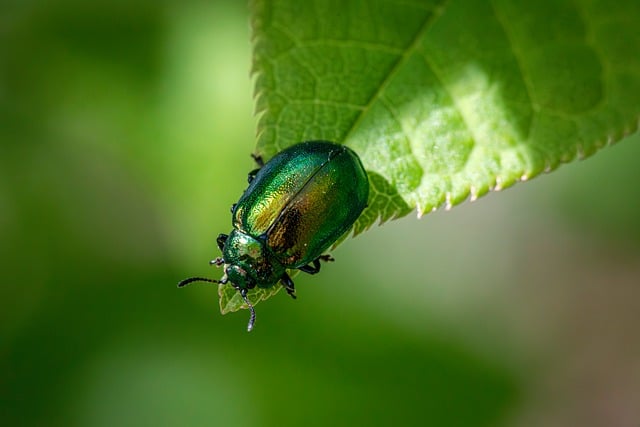
Community engagement is a powerful tool in the arsenal for effective mosquito control. Involving residents in mosquito management strategies can lead to significant improvements in community health and well-being. By educating folks about the importance of mosquito control, individuals become active participants in their own protection. This involvement may include simple practices such as eliminating standing water sources around homes, properly disposing of waste, and using mosquito nets or repellents. When communities come together, they can create a more robust defense against mosquitoes, reducing the risk of vector-borne diseases.
Engaging with local residents fosters a sense of collective responsibility and empowers them to take ownership of their surroundings. Community members can organize clean-up drives, share best practices, and even participate in research or surveillance programs. This collaborative approach not only enhances the success of mosquito control efforts but also strengthens community bonds. By embracing community engagement, mosquito management becomes a shared endeavor, leading to more sustainable and effective solutions for all.
Targeted and Seasonal Mosquito Control Strategies

Many mosquito control programs employ targeted strategies, focusing on specific areas or species known to cause problems in certain seasons. This method allows for more efficient use of resources and reduced environmental impact. For example, treating water bodies where mosquitoes breed during wet seasons can significantly reduce their population.
Seasonal adjustments play a crucial role in effective mosquito control. Certain insecticides and biological controls are most effective during specific times of the year when mosquitoes are most active or when they’re at particular life stages. By aligning control measures with these periods, professionals can maximize results while minimizing the use of chemicals, contributing to better environmental and human health outcomes.
Home Prevention Measures Against Mosquitoes
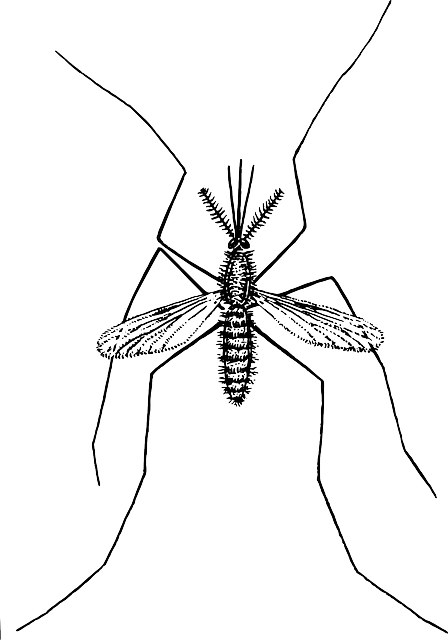
Mosquito control starts at home with simple yet effective prevention measures. One of the most straightforward ways to deter mosquitoes is by eliminating standing water, as this is where they breed. Regularly empty containers like flower pots, buckets, and old tires, and ensure gutters are clear to prevent water from pooling. Maintaining a clean yard and trimming vegetation goes a long way in reducing mosquito habitats. Additionally, installing screens on windows and doors keeps these pests out while allowing fresh air circulation.
Using insecticides and larvicides can also be part of a comprehensive mosquito control strategy. Homeowners can apply these products to problem areas, such as around doors and windows, and in places where water collects. However, it’s crucial to follow instructions carefully and choose products designed for residential use to ensure safety and efficacy.
Future Trends in Safe and Sustainable Mosquito Control
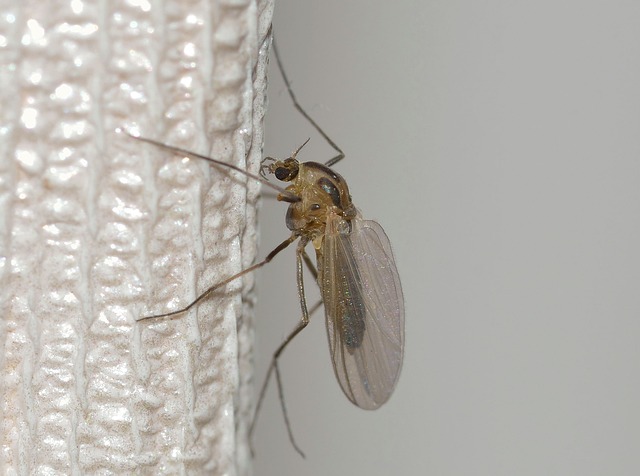
As we look towards the future, the field of mosquito control is set for exciting advancements and innovations. One prominent trend is the increased adoption of sustainable and environmentally friendly methods. This shift is driven by a growing awareness of the potential ecological impacts of traditional pest control practices. Future solutions will likely focus on biological controls, such as introducing natural predators or using parasitic wasps to target mosquito populations. Additionally, genetic engineering could play a significant role in developing mosquitoes resistant to diseases, reducing their overall impact.
Smart technology and data analytics are also transforming mosquito control strategies. The integration of IoT (Internet of Things) devices and sensors can monitor mosquito activity in real-time, providing valuable insights for targeted interventions. This precision approach allows authorities to deploy control measures more effectively, focusing on high-risk areas and specific species. Moreover, the use of drones equipped with insecticides or biological agents could revolutionize ground operations, making mosquito control more efficient and comprehensive.
